SACO — When Tim Leary’s father took over the family business in the 1940s, it was one of 50-some farms in town that produced and sold milk.
When Leary graduated from college in 1981, there were 15 or so, he said.
For about the past decade, Leary Farm has been the only commercial dairy operation in Saco.
Then, on Friday, there was none.
A couple of hours after a cattle dealer took the last of Leary’s Holsteins, the final 1,400-pound shipment of milk funneled through a blue hose from a cooler inside the barn to a tanker truck that had backed down the dirt driveway on Flag Pond Road. Pepper, an Australian cattle dog, lapped up what had leaked and puddled on the concrete floor.
Leary said he’s known this day was coming for three years, since the cost of grain went through the roof and, instead of putting himself in debt, he cut down on the number of cows he had and diversified his business by growing vegetables.
That was when he made the decision to get out of the dairy business. Friday was just when it happened.
Still, he didn’t see it playing out like it did.
“I figured, at some point, I would just get sick of it,” he said of what he imagined would prompt him to sell his cows.
Instead, his hauler, who collects milk from a few other dairy farms in southern Maine, decided he’d drop the route at the end of this month because it wasn’t profitable.
Oakhurst, which buys Leary’s milk, tried looking for another hauler to pick up the route, but when no one jumped at the opportunity, Leary knew what he had to do.
“He said, ‘That’s it. I’m pulling the plug,’ ” his daughter, Alison Leary, said her father told her when she got to the farm Wednesday morning.
Right away, she made the call to a cattle dealer, who came to check out the cows that afternoon. The next day, 10 were taken away. The other 17 left Friday, all for resale to dairy operations.
The difficulty of finding haulers and a recent drop in the price farmers are getting for their milk are among the problems facing the struggling dairy industry in the state, where the number of dairy farms has fallen from 500 to 253 in the past decade.
Although the Learys closed their commercial operation, they held onto three milk cows, two calves and a yearling for themselves – Leary and his wife, their eight children, his parents and a grandson.
Aside from that, their focus is switching completely to vegetables – cabbage, cucumbers, squash, pumpkins and peppers.
“It’s less of an abrupt change than people think,” Leary said.
And it’s the type of adjustment that’s necessary to keep a farm running for generations.
It was a bad turn in the egg business that convinced his father to expand the farm’s dairy operation, he said.
“This is just a set of circumstances that occurred, and here we are,” Leary said before grabbing a bucket and heading out to pick peppers.
Send questions/comments to the editors.


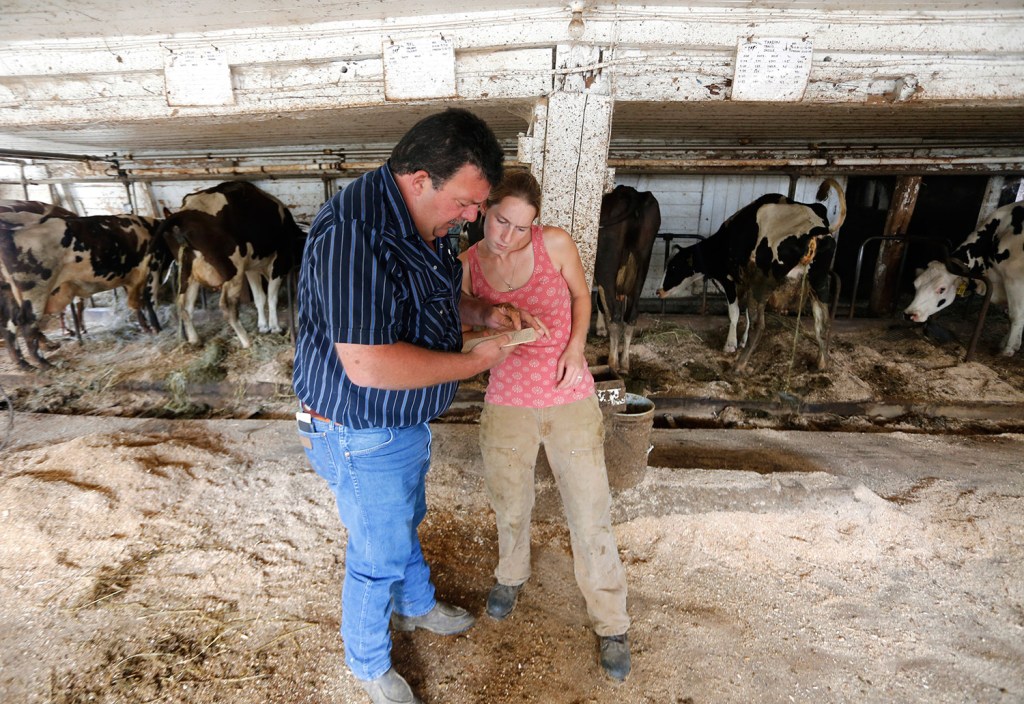
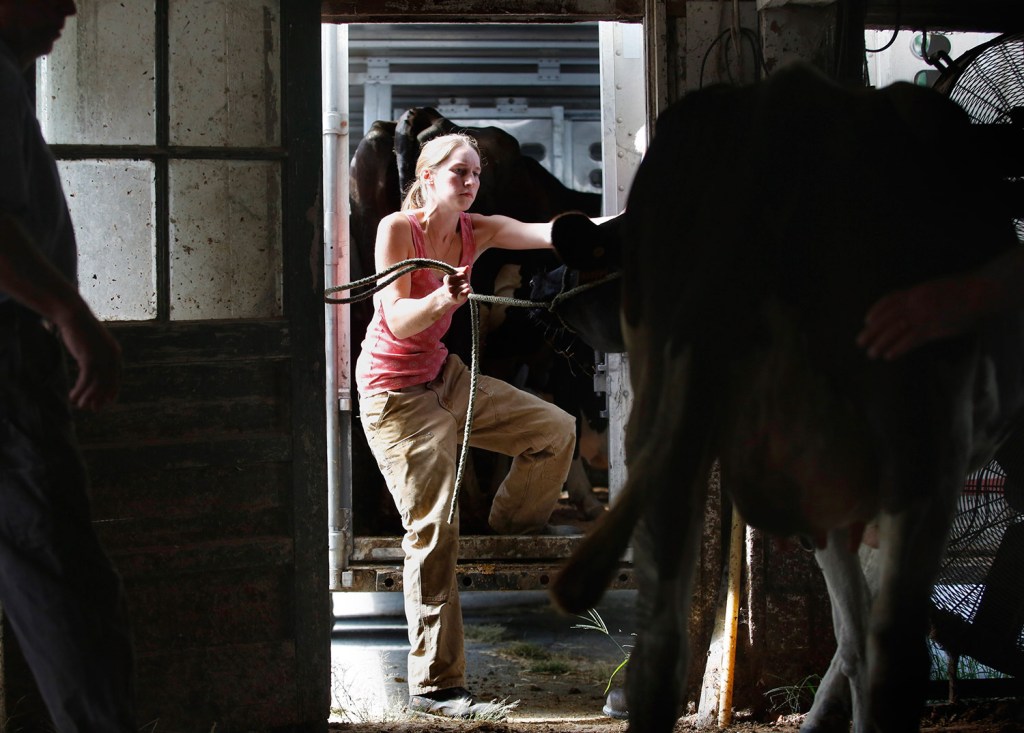

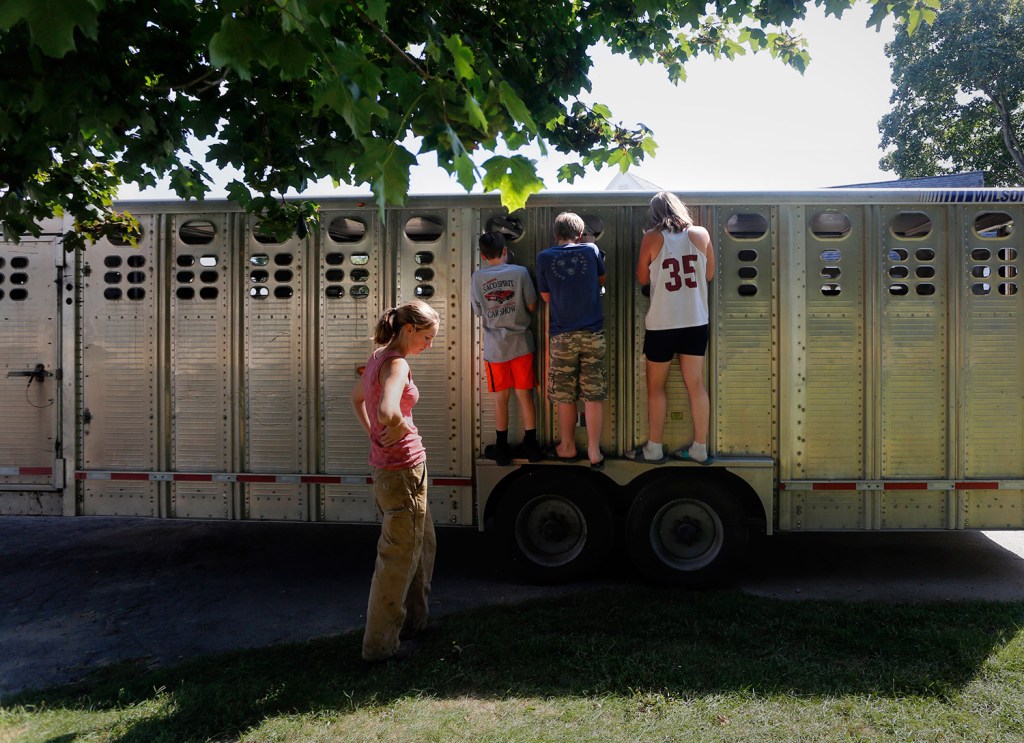
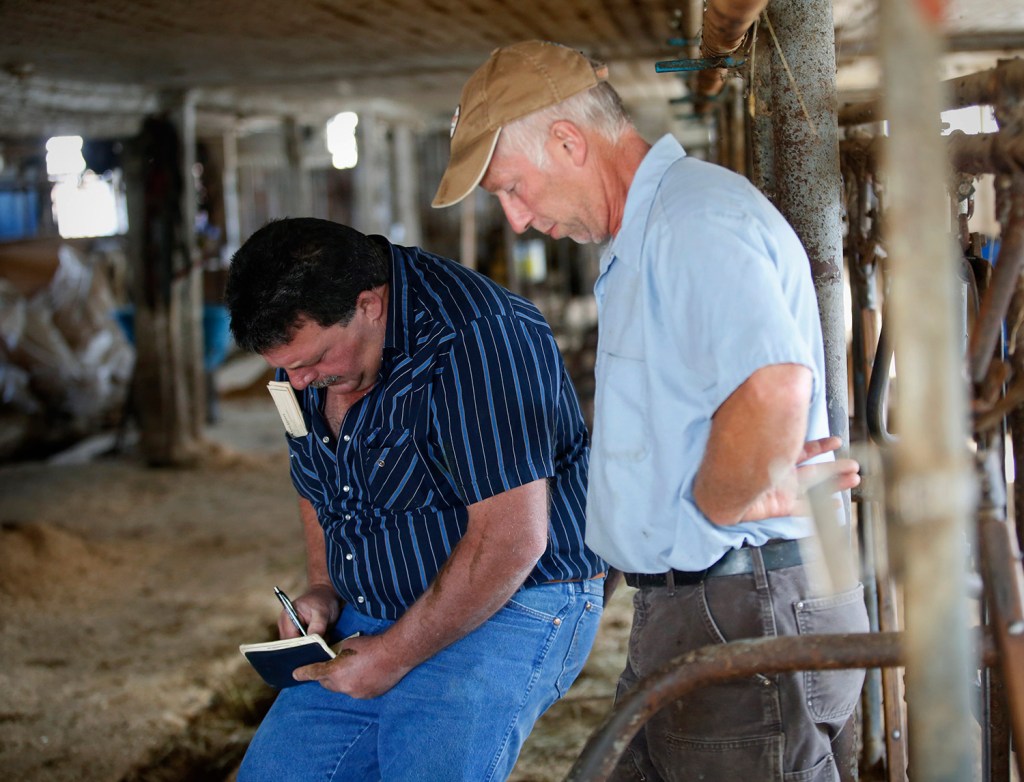
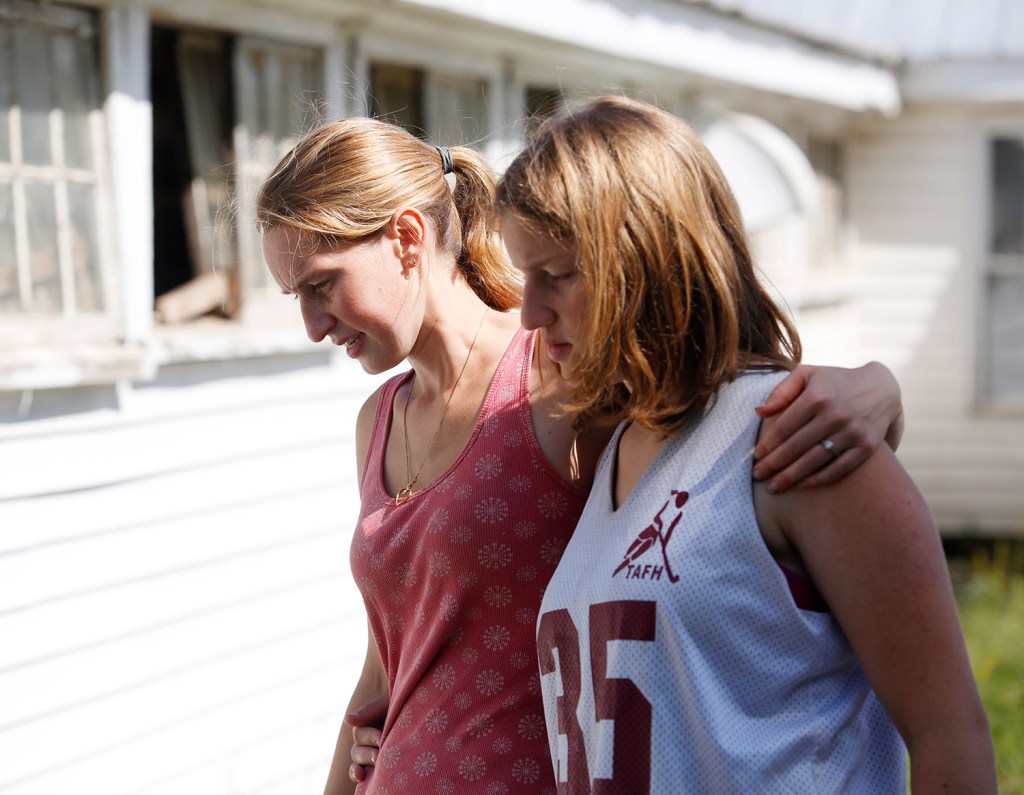

Comments are no longer available on this story